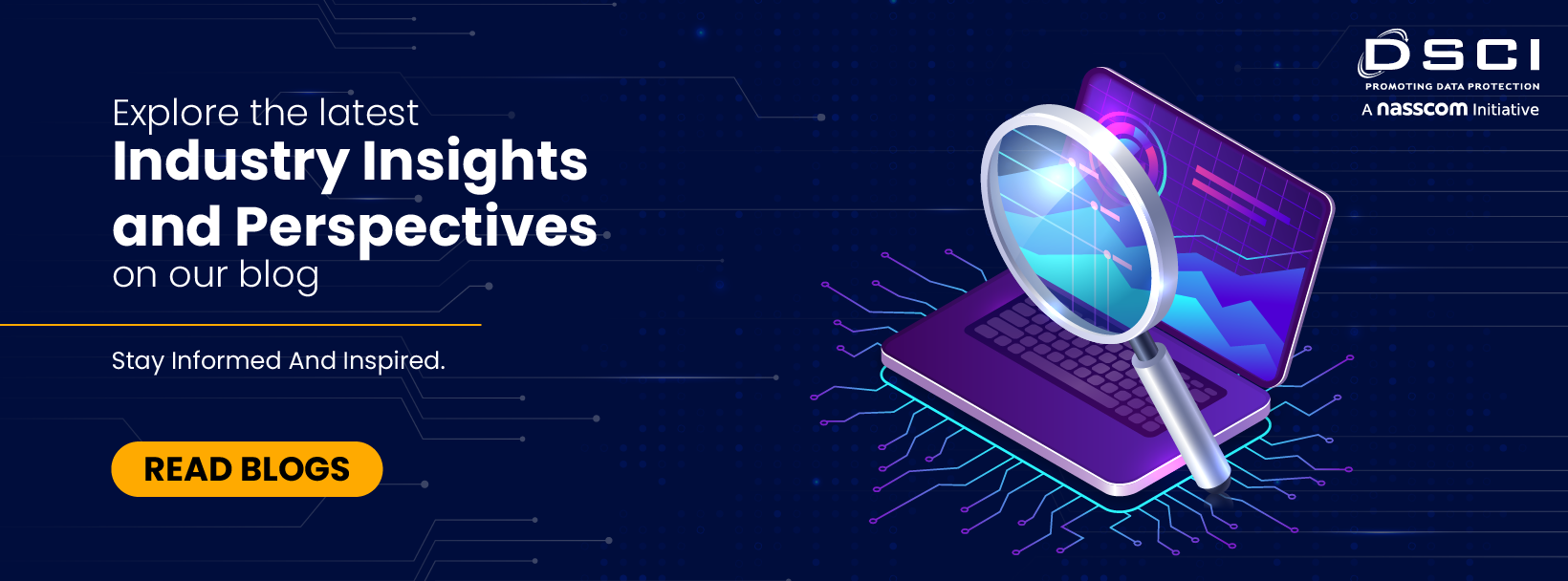As organisations take on the mantel of data fiduciaries, even basic businesses are increasingly tasked with constructing holistic, well-designed, scalable data governance strategies to collect, manage, and process customer and company data. In essence, a data governance strategy is an amalgamation of policies, infrastructure, organisational foresight and intervention to maintain and harness the power of the data collected by the company in service of the company. Data governance strategies are now becoming a primary component of the larger business strategy of the organisation in terms of value add both immediately and long-term. As data moves out of the shadow of the IT department into a tool that can transform and redefine the organisation’s revenue structure, market leaders must expand infrastructure that can harness its power most profitably.
For an organisation, a data governance strategy can be envisioned through the data life cycle within the company. When companies collect data, it is essential to understand that all data isn’t necessarily useful. The organisation should have a system and structure to sieve through and collect quality data that can be maintained and catalogued to form clean, current, and curated datasets. This crucial step of curating and maintaining only the necessary information is essential as most companies will come up against logistical and infrastructural challenges while physically keeping huge hordes of irrelevant data. Clean and relevant datasets mean that the insights drawn from them are fitting and accurate, which can provide trusted analytics. Datasets must also be made flexible in their utility to provide a range of insights when processed under various ML and AI tools. Companies must tap into data resources by deploying intelligent machine learning tools to harness the real power of the data and create predictive and analytical models for future use. Once the data is in the company database, it is vital that it is secure and that the customer’s privacy is preserved – both for protecting consumer trust and meeting compliance requirements.
No organisation in the 21st century needs to be convinced of the benefits of big data. However, there is a need to harness its power in a manner that is both beneficial to the user as well as the organisation so that it doesn’t cause detriment to either – to the customer in the form of privacy challenges and security risks, and the company in the form of excessive compliance penalties. For an organisation, data is no more just a predictive market tool but rather a device that can completely overhaul the internal workings of an organisation by shedding light on the structural loopholes, knowledge gaps, faults in decision making and innovate in a way that prioritises the true vision and goal of the company.
Register for AISS 2021 to attend a session on Data Governance. You can find more details about it here: https://www.dsci.in/events/aiss-2021/
